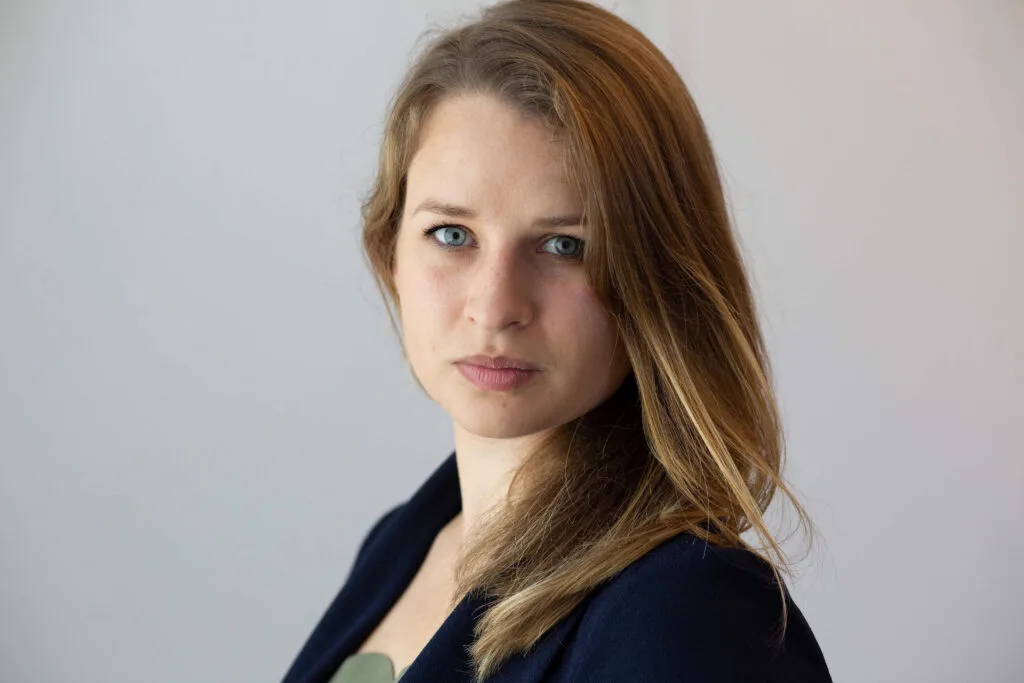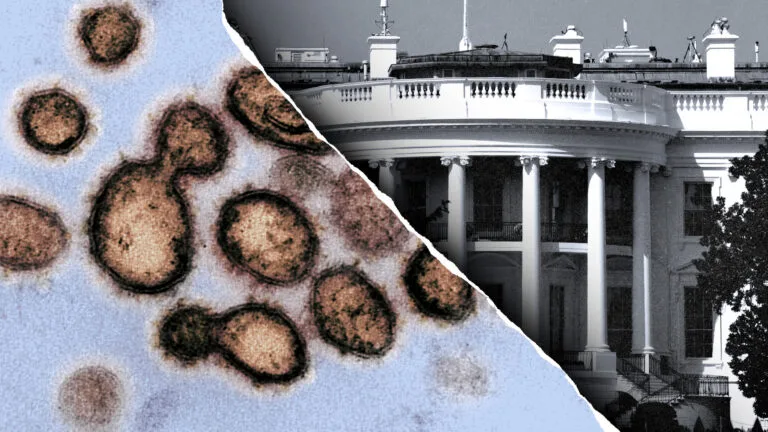“Too late for New York,” Experts Warn, But Other States Can Still Stop Coronavirus’ Spread

By
Zoe ToddApril 9, 2020
Share
As the number of daily coronavirus deaths in New York surges to record highs, two experts are urging states still hesitant about strict measures not to give the virus a foothold in their communities.
Each new infection has the potential to flare from one case to thousands, warns Nicholas Jewell, an infectious disease epidemiological statistician at the London School of Hygiene and Tropical Medicine. “You don’t feel the power of exponential growth until it’s absolutely stunning,” Jewell said. “You’re really then caught not being able to keep up with the spread at all.”
In fact, Jewell said he’s so frustrated by the lack of urgency in some cities and states – even a month after the World Health Organization declared a pandemic – he wants to stand up at their coronavirus press conferences and say, “Look, it may have been too late for New York … but … you have a chance, you could still get out of the building now if you’d only pay attention.”
Jewell and his daughter, Britta Jewell, an infectious disease epidemiologist at the MRC Centre for Global Infectious Disease Analysis at the Imperial College London, have spent years studying and modeling infectious diseases. They spoke with FRONTLINE correspondent Martin Smith for an upcoming documentary about the novel coronavirus.
Both watched with interest, then fear, as information about the virus emerged from China late last year. By the time the number of confirmed cases passed 8,000, Britta Jewell said she realized the novel coronavirus could be the virus to unleash the pandemic of a century.
An increasingly interconnected world, coupled with lackluster preparation, left many countries vulnerable. “This was always a bomb that was just waiting to go off,” Britta Jewell said. When it did, the pandemic triggered a series of severe outbreaks in countries including Iran, Italy and the United States. “It’s just a spark that happens to fall in one place, and if it happens to be in the right place, it can explode,” she said.
In the United States, she predicts each state will now face its own epidemic. Without a vaccine, the only way to control an outbreak is through testing and isolation. And as quickly as the virus spreads, Britta Jewell said its transmission can be interrupted and slowed by averting even a single new infection. The sooner a person stops spreading the virus, the greater the cumulative effect, she said. “It doesn’t seem like this is a virus where you have a lot of room to play. If you don’t do things right and you don’t do things early, it gets out of control very quickly.”
Britta Jewell also offered a warning for the future. As serious has this pandemic is, “ it’s not the big one,” she said. “There will be other epidemics, and they could be even deadlier than this one. So I think it really does bear weight to be prepared for the future… it seems very likely to me that it will be less than a century before something like this happens again.”
The full interview with Britta and Nicholas Jewell is available online as part of FRONTLINE’s ongoing coronavirus coverage.

Latest Documentaries
Related Stories
Related Stories
Explore
Policies
Teacher Center
Funding for FRONTLINE is provided through the support of PBS viewers and by the Corporation for Public Broadcasting, with major support from Ford Foundation. Additional funding is provided the Abrams Foundation, Park Foundation, John D. and Catherine T. MacArthur Foundation, Heising-Simons Foundation, and the FRONTLINE Trust, with major support from Jon and Jo Ann Hagler on behalf of the Jon L. Hagler Foundation, and additional support from Koo and Patricia Yuen. FRONTLINE is a registered trademark of WGBH Educational Foundation. Web Site Copyright ©1995-2025 WGBH Educational Foundation. PBS is a 501(c)(3) not-for-profit organization.




















